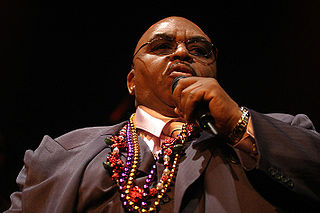A Quote by Elvis Presley
I sure lost my musical direction in Hollywood. My songs were the same conveyer belt mass production, just like most of my movies were.
Related Quotes
The actors I was most impressed with and who were influencing my taste were all movie actors, so I always wanted to do movies but I didnt want to go to Hollywood and become a waiter in the meantime. The chances are really slim that an actor will be discovered in Hollywood. ... Ive never had to compromise myself for a job, ever.
I always wanted to sing, I always loved to sing. As a child I was singing all the time, and my parents were singing all the time, but not the traditional songs because they were very Christian; the Christian Sámis learnt from the missionaries and the priests that the traditional songs were from the Devil, so they didn't teach them to their children, but they were singing the Christian hymns all the time. So I think I got my musical education in this way. And of course the traditional songs were always under the hymns, because it doesn't just disappear, the traditional way of singing.
What I saw over all that time were so many deals disappearing and producers disappearing, fewer movies getting made, and it just being a bit more difficult. Working with Joel, we were in a bit of a bubble because he was always making things that were working for the studio and that kind of thing. We were always in production on something.
His lessons were chock-full of analogies for a variety of musical situations. Those little things were my favorites. 'No . . . that's too much vibrato. It's like putting bright red lipstick on a beautiful woman.' I always thought it was funny that when you broke a musical rule-like accenting a weak beat-he would turn his head away from you sharply, almost as though he were in pain. It's like you just slapped him in the face by being unmusical.



































